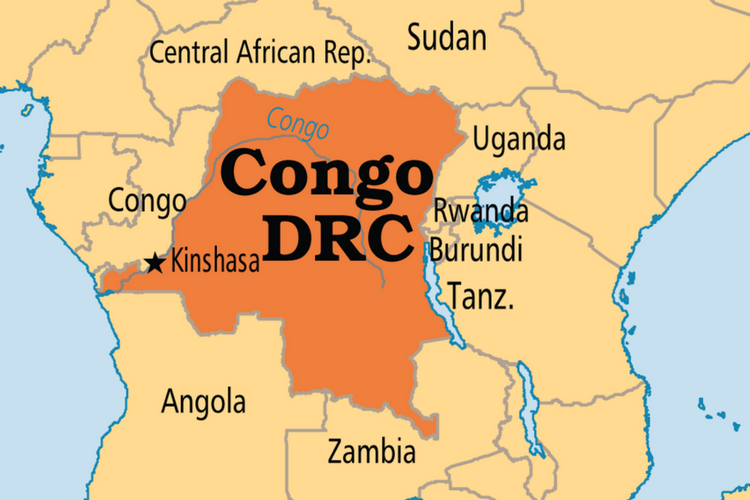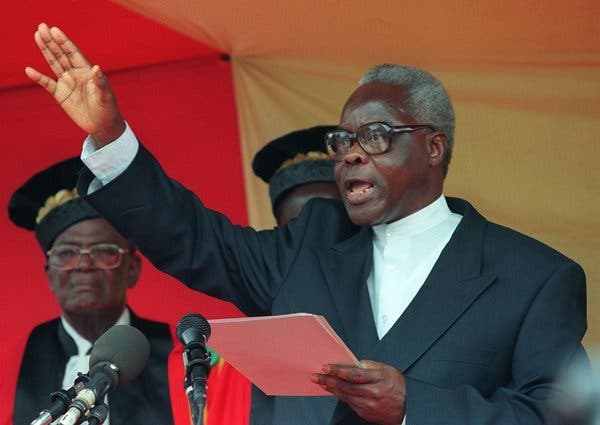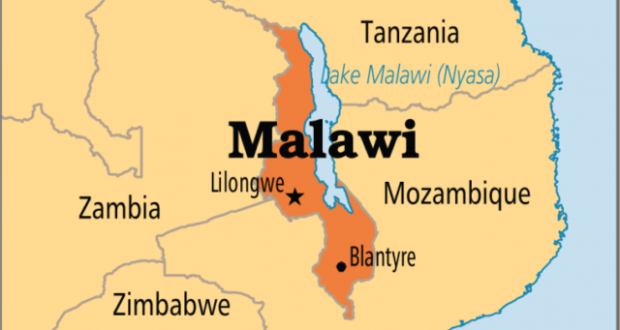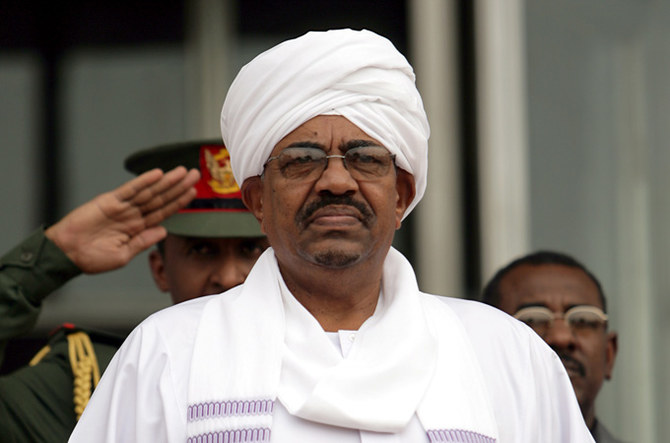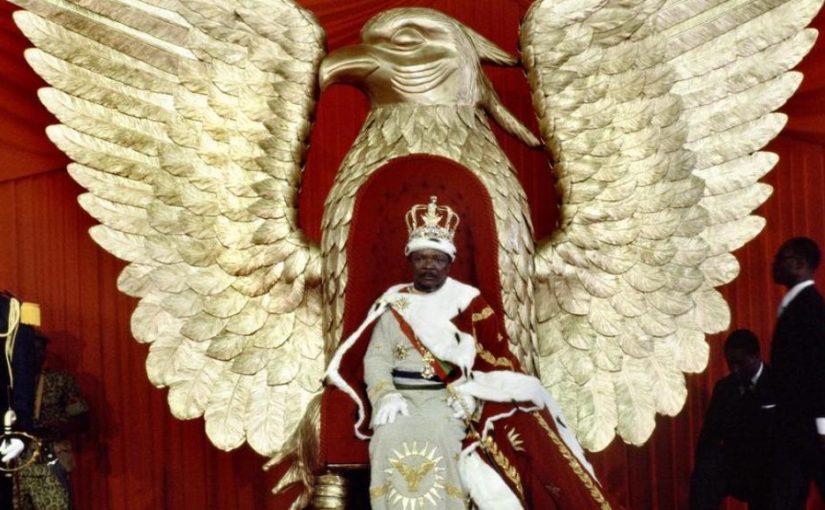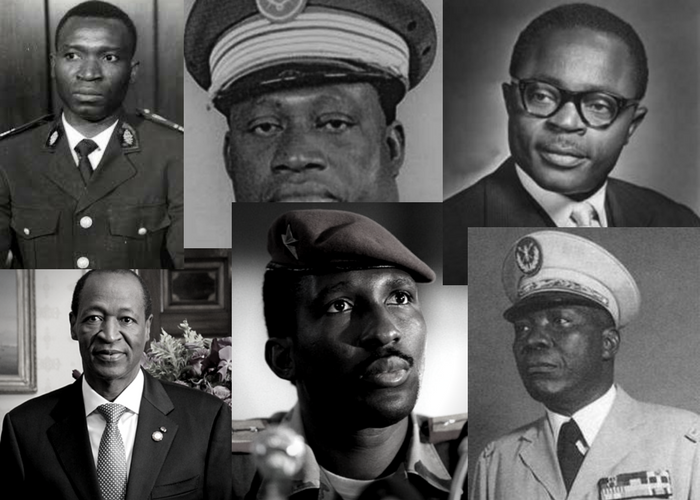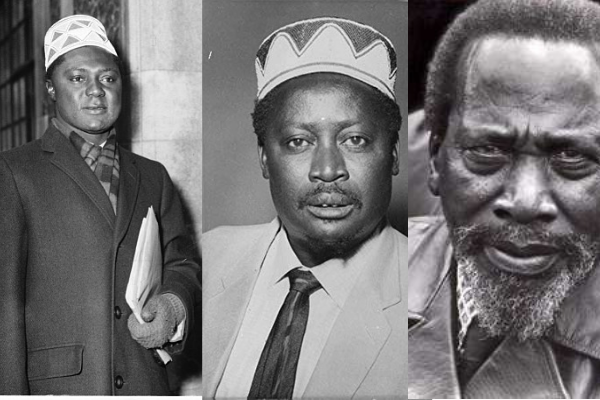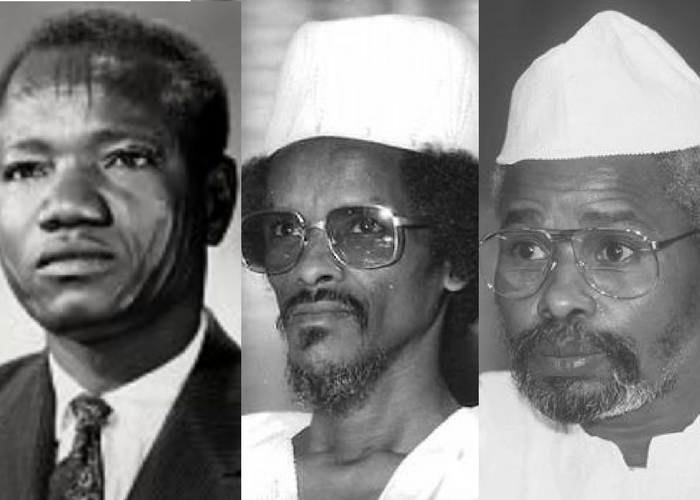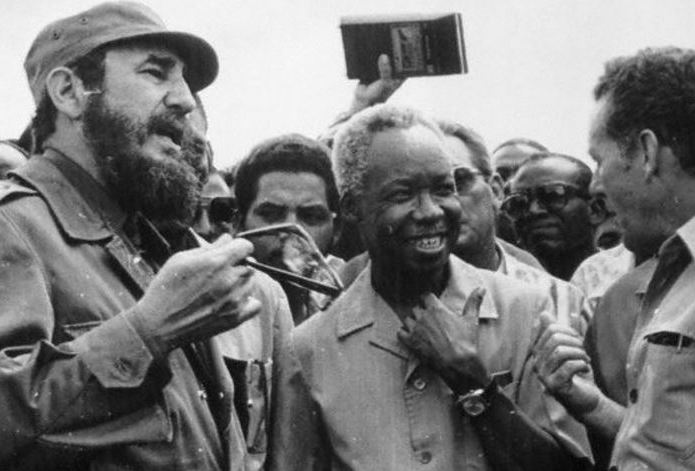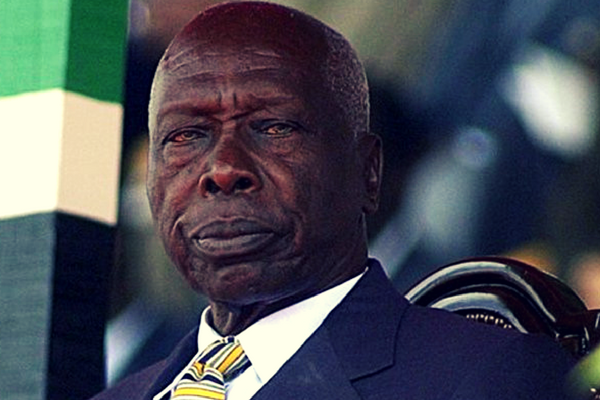postcolonial
-
Colonial Regimes Set up Africans for Failure At Independence Part I
As the winds of change began to blow across the African continent it became evident… Read More
-
1990 Political Revolt in Benin
The People’s Republic (now Benin) was established on 30 November 1975. It effectively lasted until… Read More
-
Malawi: From the Maravi Empire to President Banda
The region of present day Malawi was originally inhabited by the relatives of the Khoisan… Read More
-
The Sudan Under Abboud, Nimeiry and al- Bashir
Sudan was colonized by the British wanted to use the colony as a cotton producer.… Read More
-
Dacko and Bokassa in the Central African Republic (1960- 1981)
In the early 19th century, the area around the Central African Republic was losing about… Read More
-
Burkina Faso: Yameogo, Lamizana and Sankara (1932-1987)
In 1932, the French divided the colony into Mali, Niger and the Ivory Coast but… Read More
-
Origins of Tribalism in Kenyan Politics: KANU & KADU
In Nigeria among the Igbo people there is a saying; “When two brothers fight to… Read More
-
A Brief History of Chad: Tombalbaye, Habre & Goukouni
The modern day nation of Chad was colonized by France during the early part of… Read More
-
Ujamaa in Tanzania (1971- 1990s)
In 1971, President Nyerere issued Mwongozo (new leadership guidelines) that refocused the party and the… Read More
-
The Moi Presidency in Kenya (1979-1992)
Domestic Policy President Daniel Arap Moi was elected unopposed in 1979 with Mwai Kibaki as… Read More
Most Read
Author Details

Bebisha Wagle
Members of Kanta Dab Dab, a band specialising in fusion of local Nepali and Western music elements, talk about their…
Advertisement


